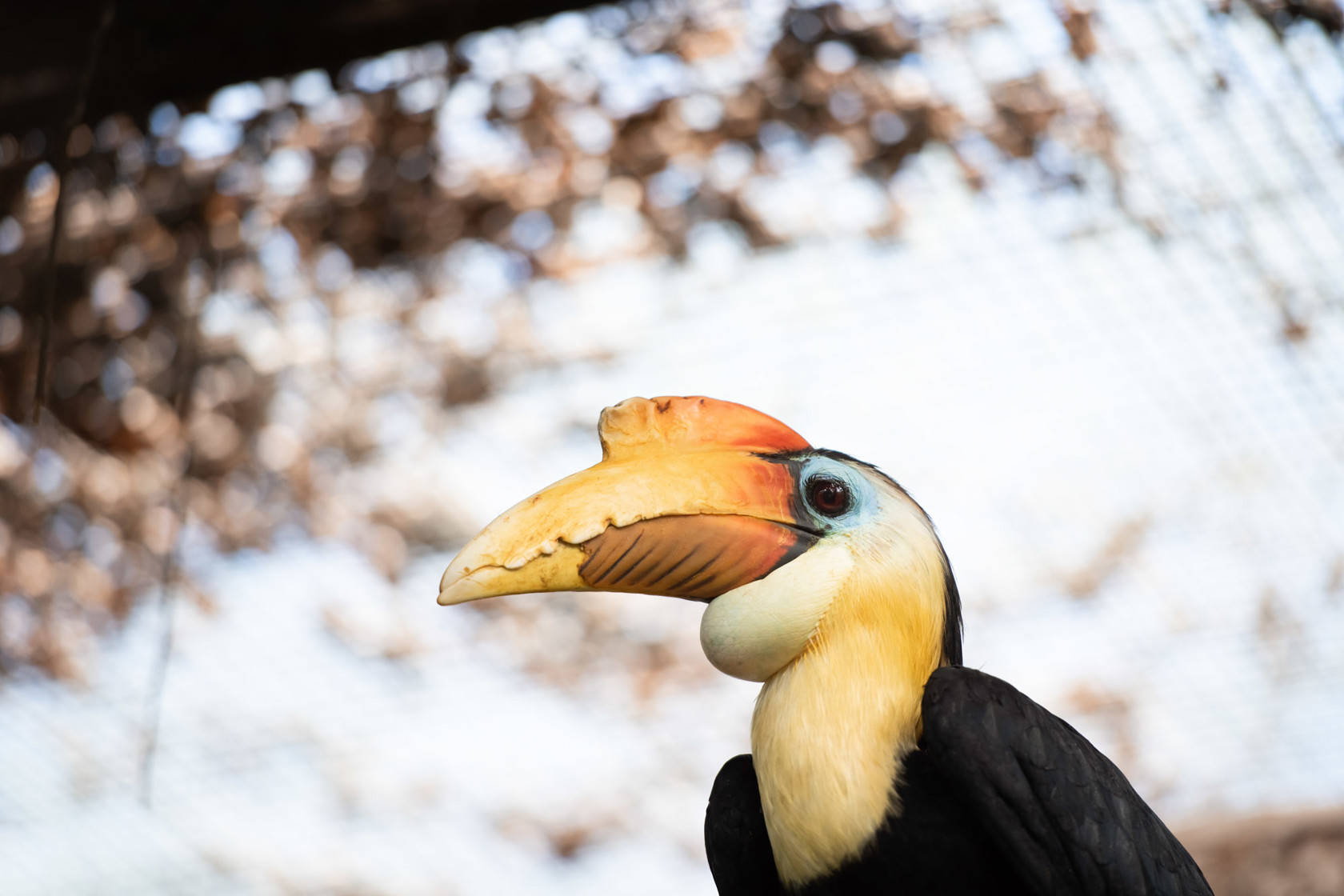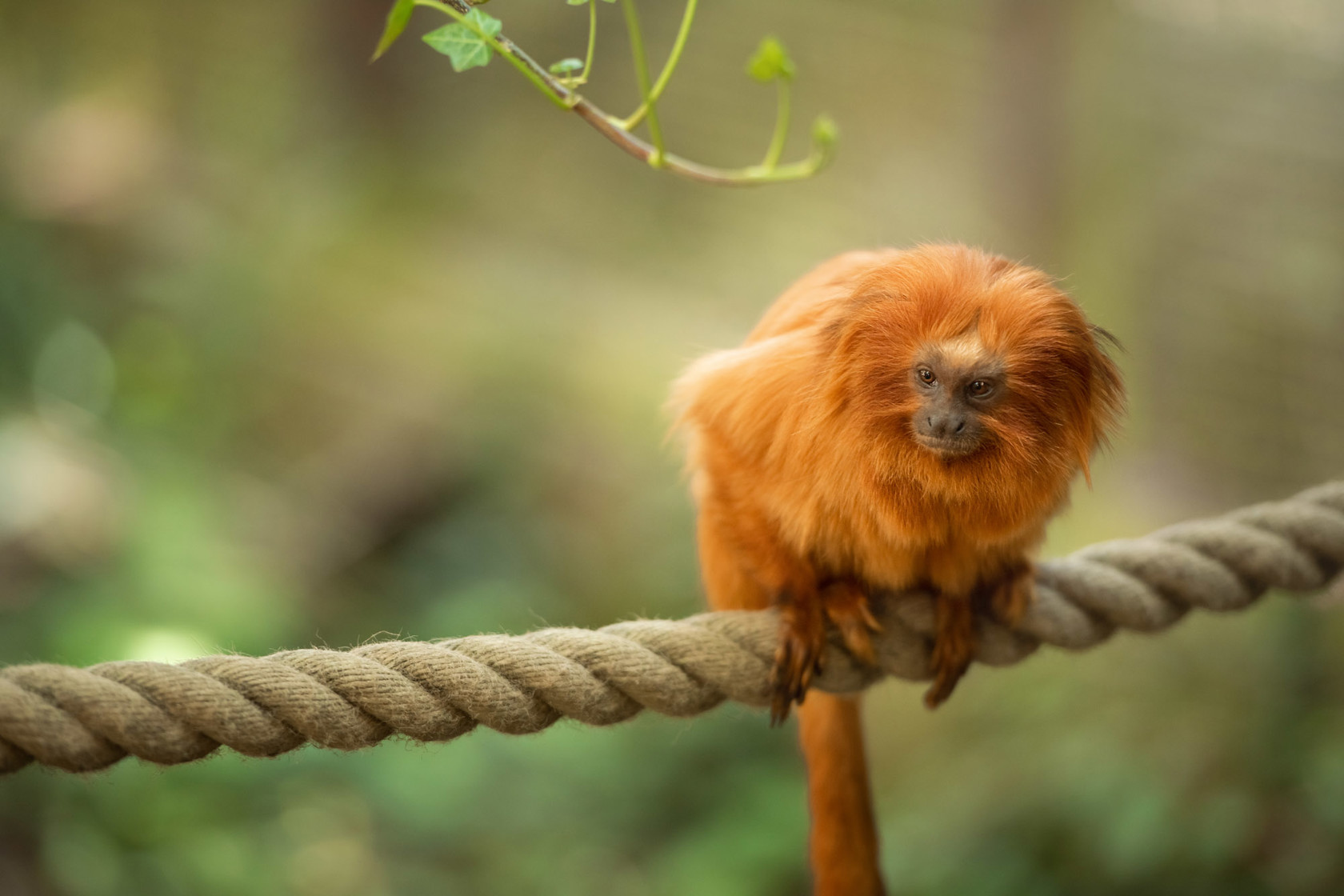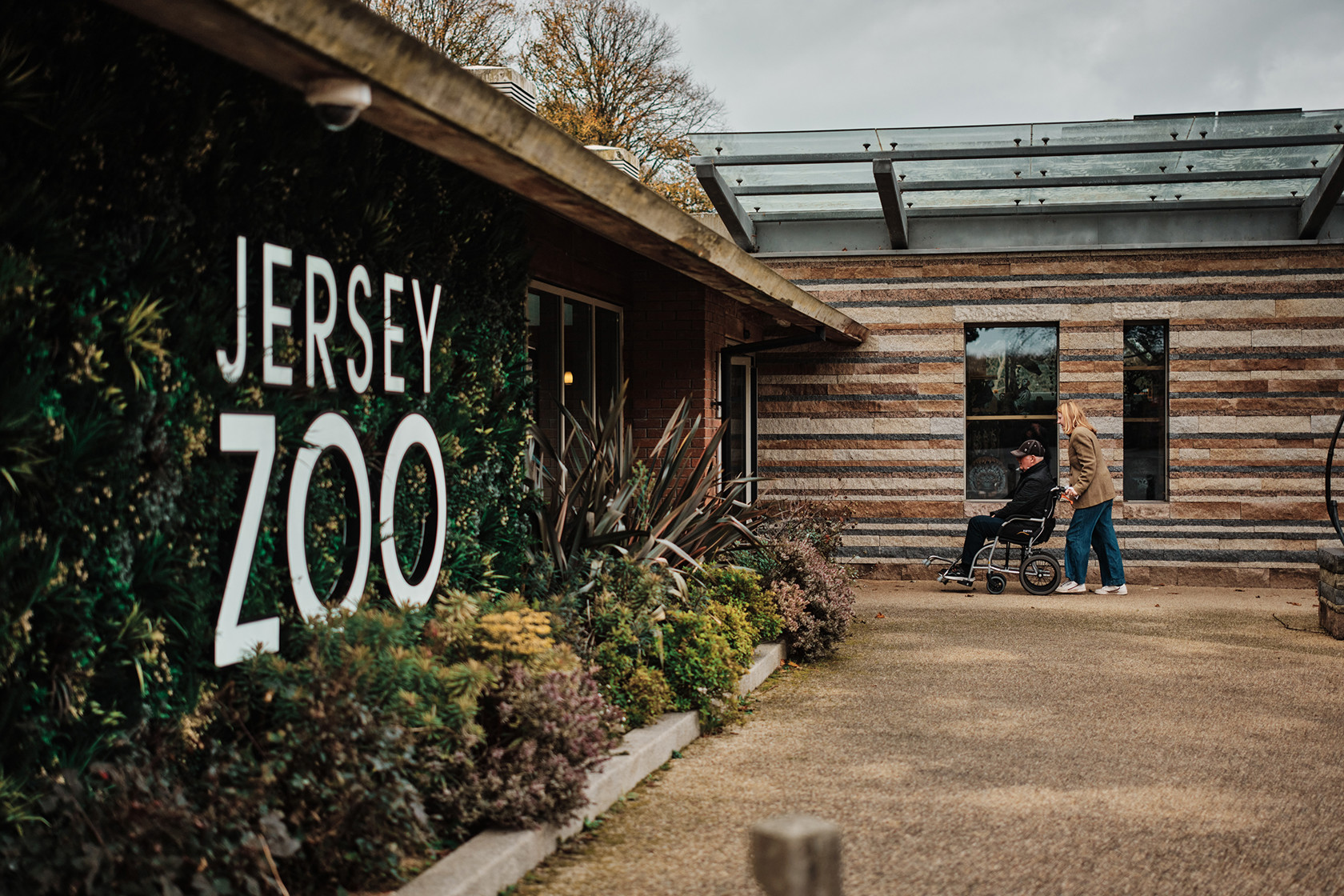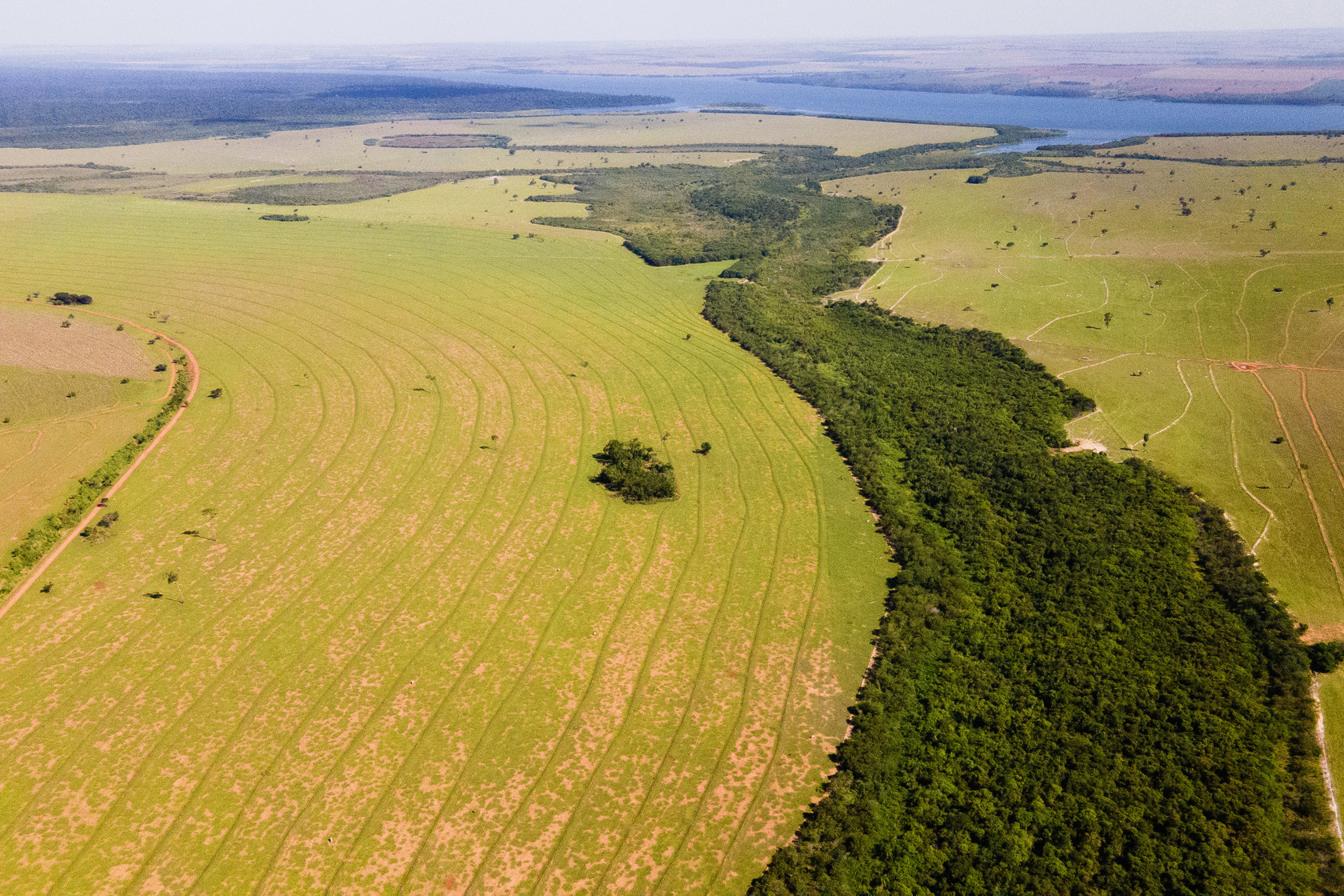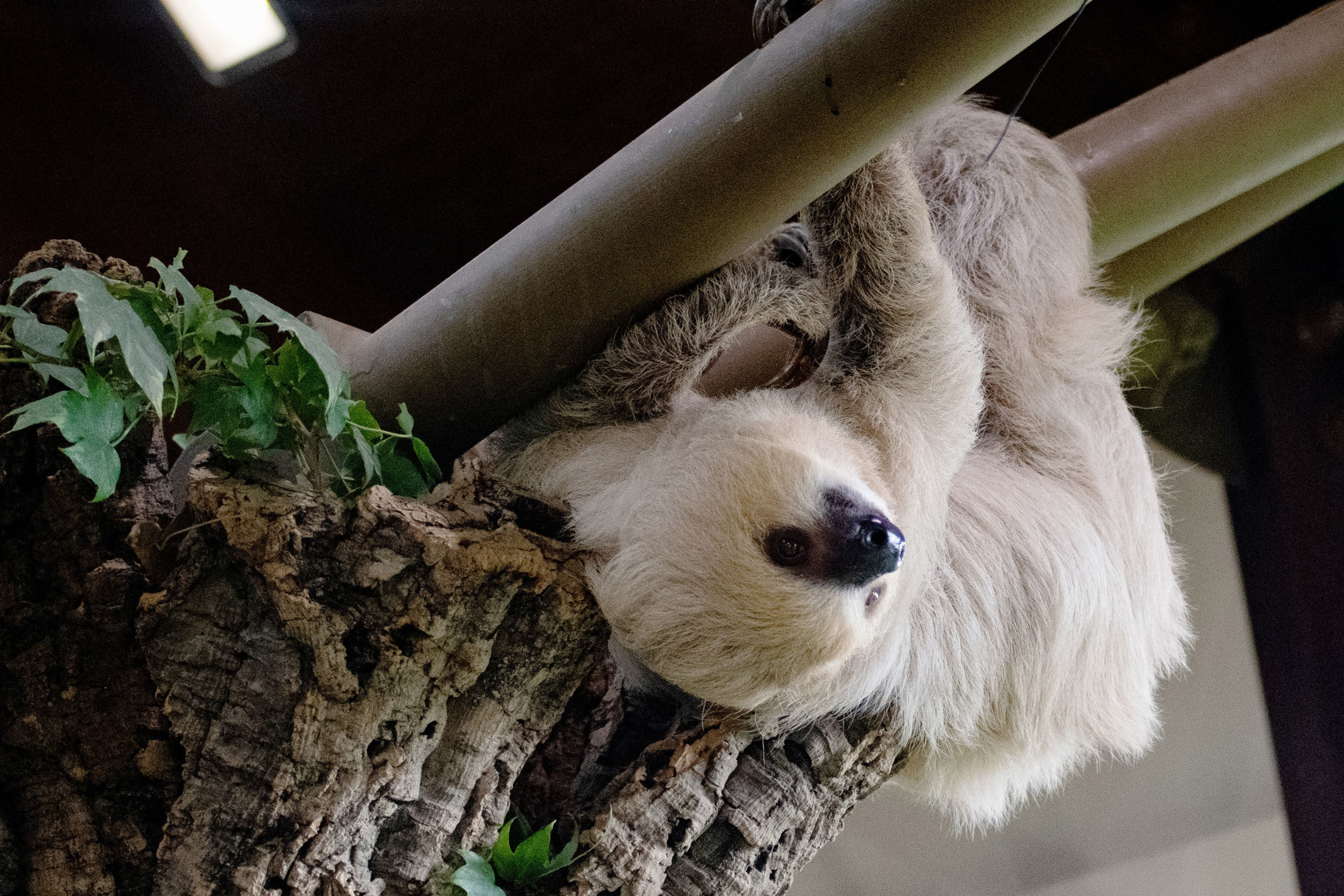Primary school taught sessions
CLASSIFICATION (Key Stage 1)
Working in groups, pupils will handle and sort different animal body coverings. Use of the terms ‘fur’, ‘feather’ and ‘scales’ is encouraged, as are group names where appropriate.
FOOD CHAINS (Key Stage 1)
Following an overview of what a food chain is and some terminology from the curriculum, we play a noisy and energetic game to demonstrate how energy travels through a food chain.
(Before booking we are happy to discuss potential modifications that might be needed to meet specific pupils’ physical or sensory needs. Email learning@durrell.org )
HABITATS (Key Stage 1)
Pupils consider the main things animals need to survive from their habitats. Pupils then look for evidence in the zoo by looking at animal enclosures.
SEASONAL CHANGES (Key Stage 1)
Pupils explore the zoo where they observe and describe the changes they see, smell, sound and touch. The start of a 4 session visit where you can come back to continue observing different seasons.
CHAT AT ANIMAL ENCLOSURE (Key Stage 1 or 2)
We can meet your group at a particular enclosure if your group are focussing on a species or topic represented by our animals. This would be an informal chat with Q&A. Please specify the animal/focus of your topic when sending your booking form.
SKELETONS (Principally for Year 3)
Curriculum link (Year 3):
Identify that humans and some other animals have skeletons and muscles for support, protection & movement.
Students will consider how their ribs protect their heart and lungs, their skull protects their brain and their spine, made up of vertebra, protects their spinal cord safe from damage. They will also identify which parts of their skeleton works to support their body and how muscles work in pairs to enable movement.
Comparisons will be made between human skeletons and those of other vertebrates, demonstrating how their bones have developed to enable them to function in different ways. Mention will also be made of how invertebrates function without bones.
ART IN NATURE (Key Stage 2)
A relaxed session where pupils can study colour, pattern and texture using skins, feathers and other natural materials. Basic pencils and coloured pencils are provided. Additional art materials can be brought in by schools if required and specific art topic requests can be considered.
GERALD DURRELL (Key Stage 2)
A short discussion about his life followed by lively activities to illustrate some of the conservation issues he aimed to tackle.
RAINFORESTS (Key Stage 2)
What is it like in a tropical rainforest? Students learn about the different habitat layers, animals, problems and solutions for conflicts and more!
TEETH (Key Stage 2)
Using mammal skulls, pupils will focus on the name, shape and location of teeth like ours and try to identify if skulls are from herbivores, carnivores or omnivores.
This session is most effective when pupils already have some familiarity with the terminology used, eg at mid to end point of topic study.
LIFE CYCLES (Key Stage 2)
Curriculum links:
- Describe the life processes of reproduction in some plants and animals
- Describe the differences in the life cycles of a mammal, an amphibian, an insect and a bird
This session, based in the zoo classroom, aims to provide curriculum-linked subject content beyond that which could normally be achieved in school.
Examples are given for different types of insect reproduction (egg laying and live birth) as well as different insect life stages, including those that metamorphose. Standard life cycle aspects are then considered for the 5 vertebrate groups, as well as some anomalies and examples of duration of parental care and life span.
Students will then be invited to explore each of 4 stations, some independently and some with adult supervision. Stations may include a variety of eggs; a baby mammal skull showing ‘milk teeth’ withing the jaw; preserved invertebrates and life cycle cards and pieces to arrange and consider.
The session lasts up to 75 minutes, depending on the degree of student understanding and questions. Groups are encouraged to explore the topic further in the zoo grounds after the session.
CLASSIFICATION (Key Stage 2)
Curriculum links (Year 4):
- Recognise that living things can be grouped in a variety of ways
- Put vertebrate animals into groups
This session extends the classification learning from Key Stage 1 and lasts up to 1 hour.
Students will be encouraged to use the term ‘vertebrate’ in addition to the vertebrate group names. They will explore a variety of vertebrate body coverings to sort and determine what each group is covered in and called. We will then consider the other characteristics of each vertebrate groups, in table form, as well as why classification is so useful.
We can also add a further session to cover invertebrates if you wish.
An invertebrate classification session can include an overview of invertebrate classification as well as a selection of activities that may include meeting our friendly cockroaches, examining a variety of preserved invertebrates to decide which group they belong to or searching for invertebrates in our outdoor classroom (using a simple key to identify which group they belong to). Session duration would vary, depending on which activity/activities chosen. . Please allow at least an additional 30minutes for invertebrate content and specify which elements you wish to include.
INTRODUCTION TO DURRELL (Upper Key Stage 2)
A 20 -50 minute session focussing on what Durrell is and what we do. This Powerpoint and Q&A based session can be adapted for different levels of interest. Large groups of up to 100 can be catered for as a whole or split into multiple, smaller sessions.
EVOLUTION & INHERITANCE (principally for Year 6)
Curriculum links, statutory:
- Recognise that living things have changed over time (& fossils provide information about life on Earth millions of years ago)
- Recognise that living things produce offspring of the same kind, but normally offspring vary & are not identical to their parents
- Identify how animals and plants are adapted to suit their environment in different ways and that adaptation may lead to evolution.
Curriculum links, non-statutory:
- Living things have changed over time (can build on Y3 fossil work)
- Introduce the idea that characteristics passes to offspring
- Appreciate that variation in offspring over time can increase or decrease survival chances in particular environments (eg giraffe neck).
- Observe and raise questions about how animals are adapted to their environment.
The session begins with an introduction to the topic, usually in our classroom, followed by time in the zoo with zoo staff looking at bird adaptations to demonstrate the variation in body form that are linked to survival in particular habitats or lifestyles (a useful link to consider Darwin’s finches in school).
The session lasts for around 75 minutes, ending at one of the bird areas we will look at in the zoo grounds. Schools are encouraged to allow further time in the zoo after the session to consider adaptations in other animals, such as various primates, or to link the visit to other areas of study.

